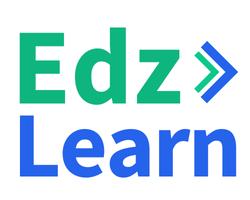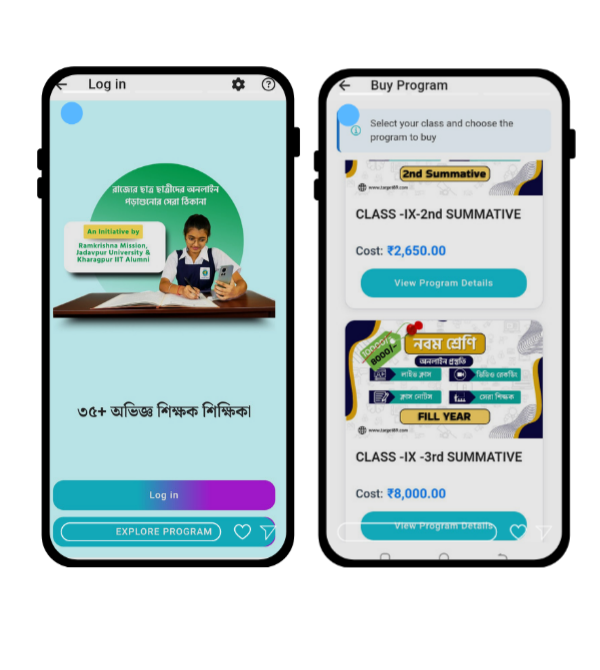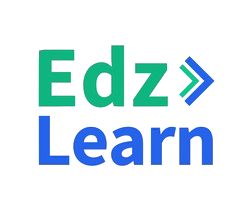Enhancing Personalized Learning Through AI-Driven Course Recommendations
In today’s digital learning landscape, personalization has become a necessity rather than a luxury. Learning Management Systems (LMS) like Moodle serve diverse learners with unique needs, and AI-powered recommendation engines are emerging as a game-changer in delivering a personalized learning experience.
Imagine logging into Moodle and seeing recommended courses, quizzes, and learning resources tailored specifically for you—just like how Netflix suggests movies or Amazon recommends products. This is the power of AI-driven recommendation systems, revolutionizing e-learning.
So, how does it work? How can AI improve course recommendations in Moodle? Let’s dive into the details!
What is an AI-Powered Recommendation Engine?
A recommendation engine is an AI-based system that analyzes user data, behavior, and interactions to provide personalized content suggestions. In the context of Moodle, an AI-driven recommendation system can:
✅ Suggest courses based on a learner’s interests and past enrollments.
✅ Recommend quizzes and assignments aligned with their skill level.
✅ Offer study materials relevant to their learning history.
✅ Provide personalized feedback to guide learners on their journey.
By leveraging machine learning (ML) algorithms, such a system can continuously refine its recommendations, ensuring a dynamic and engaging learning experience.
How AI Improves Course Recommendations in Moodle
1️⃣ Data Collection & User Behavior Analysis
The first step in building an AI-powered recommendation engine is gathering data. Moodle tracks various user activities, including:
- Course enrollments & completions
- Time spent on different modules
- Quiz performance & assessment scores
- Resource downloads & interactions
AI models use this data to understand patterns, interests, and knowledge gaps in learners.
2️⃣ Using Machine Learning to Predict User Preferences
Once data is collected, ML algorithms analyze it to identify trends. Some of the most common AI techniques used in Moodle’s recommendation system include:
🔹 Collaborative Filtering – Suggesting courses based on what similar users have chosen.
🔹 Content-Based Filtering – Recommending content similar to a user’s past learning history.
🔹 Deep Learning Models – Using AI neural networks to predict preferences based on past behavior.
For example, if a learner completes a Python programming course, AI can recommend data science or machine learning courses that align with their interests.
3️⃣ Real-Time Recommendations & Adaptive Learning
The best AI-powered recommendation engines work in real-time, constantly analyzing user activity and adjusting suggestions accordingly.
💡 Example: If a learner struggles with a specific quiz question, the AI engine can suggest tutorial videos or articles to reinforce the concept before moving forward.
This adaptive learning approach ensures that every student gets content suited to their pace and learning style.
4️⃣ Enhancing Engagement Through Gamification & Social Learning
AI-powered recommendation engines can also boost engagement by suggesting:
🎯 Gamified learning paths – Recommending skill-based challenges and rewards.
👥 Peer discussions & forums – Connecting learners with similar interests.
📚 Instructor-curated resources – Suggesting external readings based on course progress.
By integrating AI-driven recommendations, Moodle can increase student engagement and retention rates significantly.
Steps to Build an AI-Powered Recommendation Engine for Moodle
Step 1: Set Up a Data Collection Pipeline
Moodle provides an extensive API to fetch user activity data. You can use:
📌 Moodle’s logstore API to track user interactions.
📌 Google Analytics or Matomo to capture engagement metrics.
📌 Custom plugins to store user preferences and quiz scores.
Step 2: Train AI Models for Recommendations
Once you have data, you need a machine learning model to generate recommendations. You can use:
📌 Python + TensorFlow/PyTorch for deep learning models.
📌 Scikit-learn for collaborative filtering-based recommendations.
📌 AI services like AWS Personalize or Google AI Recommendations for quick implementation.
”’
from sklearn.neighbors import NearestNeighbors
import numpy as np
Example: Collaborative Filtering Model
user_course_data = np.array([[1, 0, 1], [0, 1, 1], [1, 1, 0]])
model = NearestNeighbors(metric=’cosine’, algorithm=’brute’)
model.fit(user_course_data)
”’
Step 3: Deploy AI-Powered Recommendations in Moodle
Once your model is trained, integrate it into Moodle via:
📌 Moodle Web Services – To fetch course data dynamically.
📌 AI Chatbots – To suggest content interactively within Moodle.
📌 Custom Moodle Plugins – To display AI-generated course suggestions.
Step 4: Continuously Optimize the AI Model
AI-driven recommendations improve over time as they receive more user feedback. Adding a rating system or analyzing drop-off rates can help fine-tune AI suggestions.
Advantages of AI-Powered Recommendation Engines in Moodle
✅ Personalized Learning Paths – Each student gets unique content recommendations.
✅ Higher Engagement & Retention – Tailored suggestions keep learners motivated.
✅ Time-Saving for Instructors – AI handles course suggestions, reducing manual effort.
✅ Real-Time Adaptability – Recommendations evolve with user behavior.
✅ Better Learning Outcomes – Students focus on relevant courses, boosting skill mastery.
By implementing an AI-powered recommendation system, Moodle can offer a smarter and more interactive e-learning experience, benefiting both educators and learners.
Conclusion: The Future of AI in Moodle’s Learning Experience
AI-powered recommendation engines are transforming e-learning, making platforms like Moodle more intelligent, adaptive, and engaging.
🔹 Learners get a personalized study plan, improving motivation and retention.
🔹 Educators can focus on teaching, while AI automates the learning process.
🔹 Institutions benefit from higher student success rates and better resource utilization.As AI continues to advance, the future of Moodle’s recommendation engine looks promising, ensuring that every learner gets the right content at the right time.
This Blog is Written By Ritika Saxena,
Content Writer and Social Media Manager
Edzlearn Services PVT LTD.
For More Information Connect With Her on Linkedin : https://www.linkedin.com/in/ritika-saxena0355/
Read our Recent Blogs: https://edzlms.com/blogs/
Download our Recent Case Study: https://edzlms.com/case-study/
For anything related to LMS, feel free to reach out or book an appointment at : https://calendly.com/edzlearn/30min















